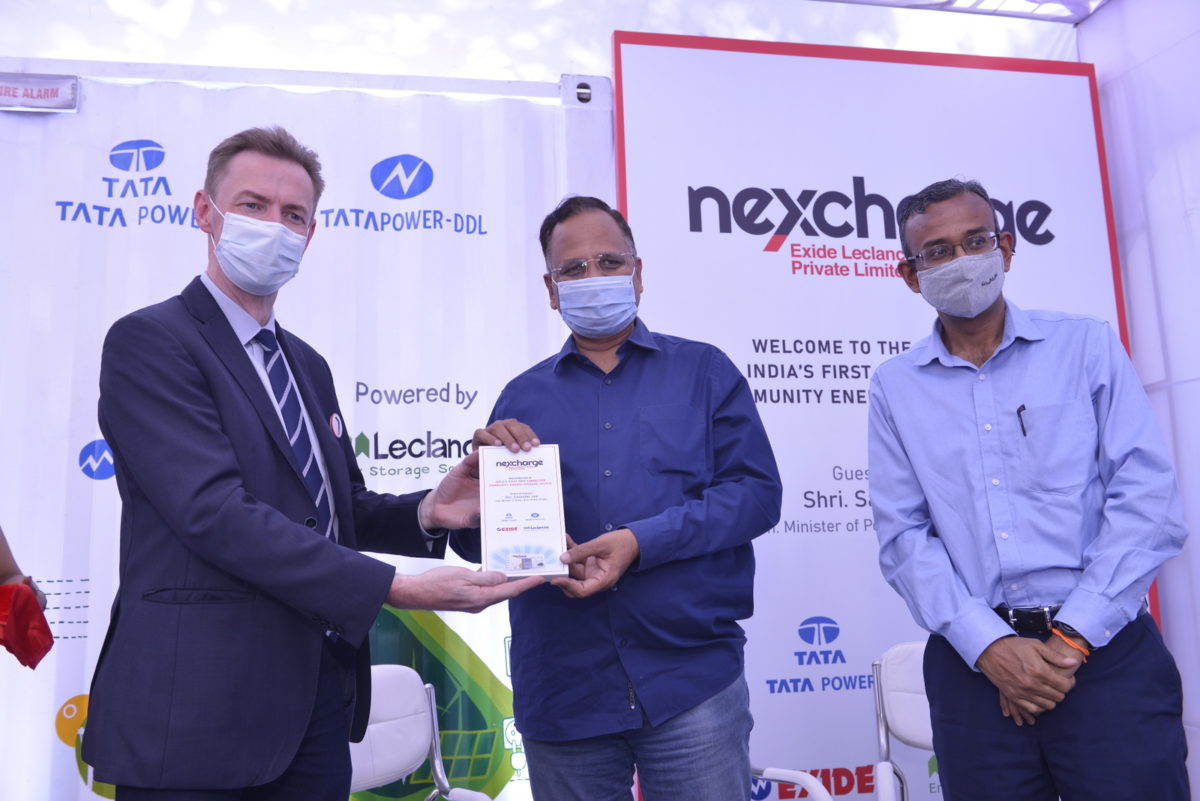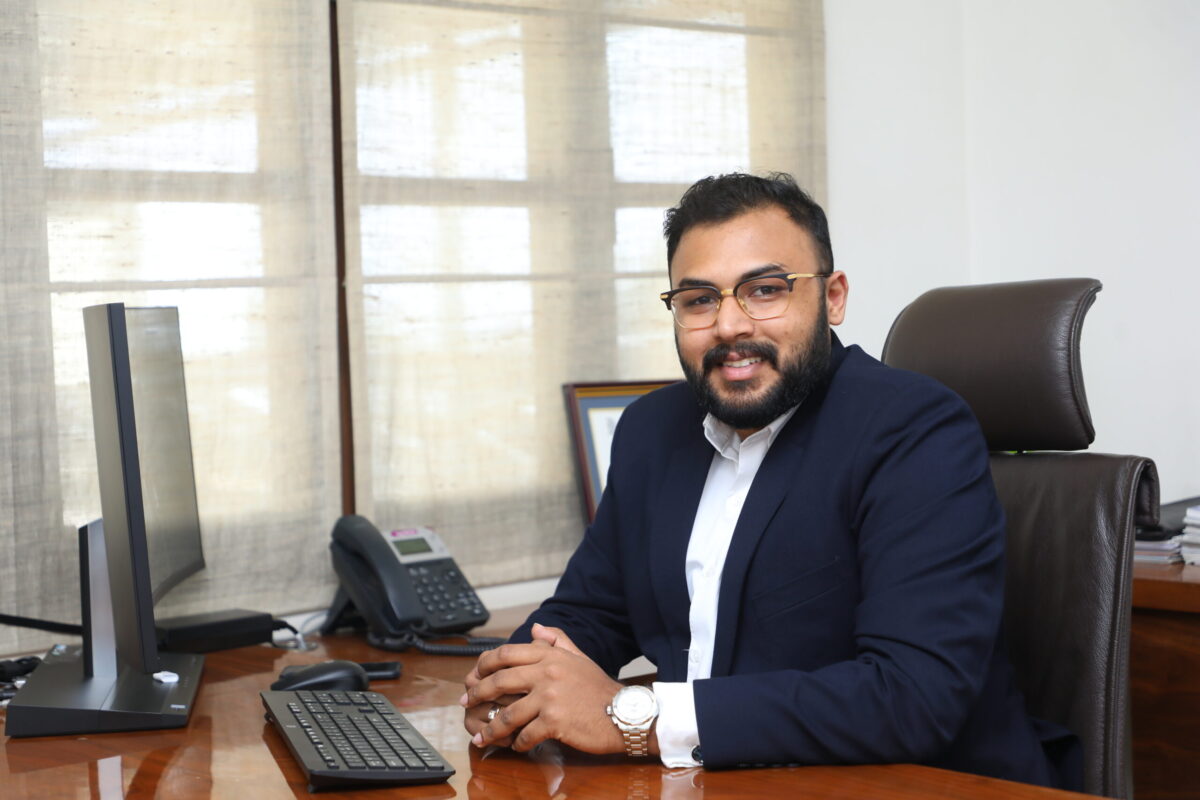Tata Power Delhi Distribution Limited, in collaboration with Nexcharge, has launched India’s first grid-connected community energy storage system (CESS) at Rani Bagh in New Delhi. Nexcharge is a joint venture between Exide Industries, India’s largest lead-acid storage battery manufacturer, and Leclanché, one of the leading Lithium-ion (Li-on) battery manufacturers based in Switzerland.
The 150 kW/528 kWh battery energy storage system at Tata Power-DDL’s Ranibagh Substation benefits both customers and the utility. Rani Bagh was selected for the installation owing to its dense population with vertical load growth and space constraints to put additional transformers. The setup will help in providing continuous and reliable power to key consumers during exigency.
CESS’s key feature is to support the distribution transformers in managing the peak load, voltage regulation, power factor improvement, frequency regulation, and deviation settlement mechanism.
Besides, during an outage of distribution transformers or supply fail condition, the battery will connect to the privileged bus and provide 150 kW for 4 hours duration to consumers providing critical services like hospitals, commercial complexes, and Delhi Jal Board. Apart from the essential consumers, the system serves hundreds of consumers residing in the area.
The battery energy storage system will charge during the off-peak hours and discharge the power during peak condition, which will enhance the asset’s life, prevent the interruption on account of overload, and capex deferral in putting additional support for placing distribution transformers only to meet peak-load.
Commenting on the launch, Ganesh Srinivasan, CEO, Tata Power-DDL said, “Instead of building humungous infrastructure of transformers and electric equipment, CESS can be used to meet peak demand while storing surplus power. I believe wider adoption of such storage systems will help in balancing the load curve of discoms and make them future ready.”
Stefan Louis, Chief Executive Officer, and Chief Technology Officer, Nexcharge said, “Battery-based energy storage (BESS) provides the agility to better integrate intermittent solar and wind energy resources into India’s electric grid and ensure high-quality power for consumers. A Community Energy Storage System like this will ensure consumers experience better levels of stability, reliability, quality, and control. Both customers and distributors will benefit from this service… this new 0.52 MWh grid-connected system ..will pave a new path for wider adoption of grid-scale energy storage technology across India.”
This content is protected by copyright and may not be reused. If you want to cooperate with us and would like to reuse some of our content, please contact: editors@pv-magazine.com.









Battery Storage for “Outages”…. interesting way to misuse Public Money….
Energy Storage is needed once Solar Energy plays a big role in supplying Electricity, but that stage has not arrived yet…. maybe a decade or so away… during this period the Batteries will have to be replaced 2-3 times adding to NCR’s Toxic Waste too…. achieving NOTHING…
It is too large for an R&D Project (assuming one is required) and too small to prove anything for meeting Sunset to Sunrise Loads as there are plenty of Polluting Power Plants around to provide Electricity and add more Pollution to Pollution..!!!!
What in fact is being created is a UPS (Uninterruptible Power Supply) System… of course for VIP’s… who else…